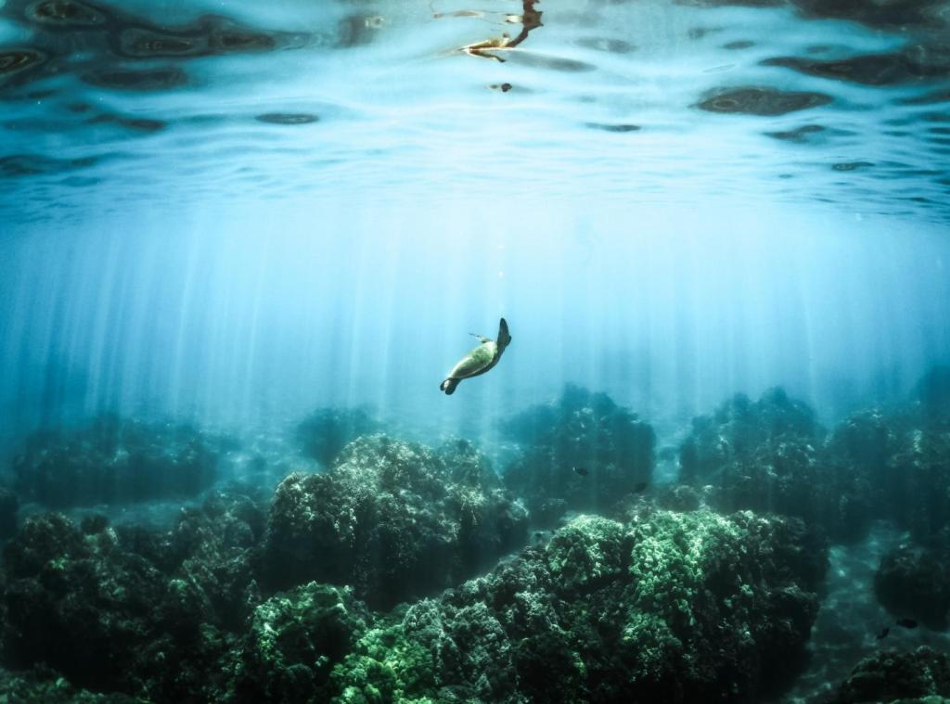Feb 24 2020
As part of an international study led by The University of Queensland, it has been found that nearly 26% of Earth’s oceans require immediate conservation attention to preserve the marine biodiversity of the planet.

Image Credit: The University of Queensland.
According to Dr Kendall Jones, the international community must quickly ramp up the efforts toward marine conservation to preserve the health of the world’s oceans.
Preserving a portion of habitat for all marine species would require 8.5 million square kilometres of new conservation areas. Currently one-third of all marine species have less than 10 per cent of their range covered by protected areas. Conserving the areas we’ve identified in our study would give all marine species a reasonable amount of space to live free from human impacts like fishing, commercial shipping or pesticide runoff.
Dr Kendall Jones, Researcher, The University of Queensland
The researchers mapped habitats of over 22,000 marine species and used a mathematical method to determine the minimum area needed to capture a portion of each species range.
In addition, they included areas of international significance for biodiversity (called Key Biodiversity Areas), and regions in which human-induced effects on the ocean are very low (called marine wildernesses).
The total ocean area needed for conservation was found to vary from 26% to 41%, based on the proportion of each species range conserved. Important regions for conservation were the Northern Pacific Ocean near China and Japan, and the Atlantic between West Africa and the Americas.
According to Professor James Watson, Director of Science at the Wildlife Conservation Society and a scientist at UQ, the study results showed the need for increased worldwide conservation efforts.
The world’s nations will be coming together in China this year to sign an agreement that will guide global conservation for the next ten years. This science shows that governments must act boldly, as they did for the Paris Agreement on climate change, if we are to stop the extinction crisis facing many marine species.
James Watson, Director of Science, Wildlife Conservation Society; Professor and Scientist, The University of Queensland
Professor Watson stated it was critical for global conservation strategies to involve rapid action to safeguard endangered species and ecosystems, together with strategies to sustainably manage the ocean as a whole.
“This isn’t just about strict marine protected areas. We need to use a broad range of strategies such as no-fishing zones, community marine reserves and broad-scale policies to put an end to illegal and unsustainable commercial fishing operations,” Professor Watson added.
The researchers emphasized that the conservation of oceans was crucial for people and biodiversity.
Millions of people around the world depend on marine biodiversity as a crucial source of food and income. A well-designed global conservation agreement will help preserve these livelihoods into the future.
James Watson, Director of Science, Wildlife Conservation Society; Professor and Scientist, The University of Queensland
This study has been reported in the journal One Earth.